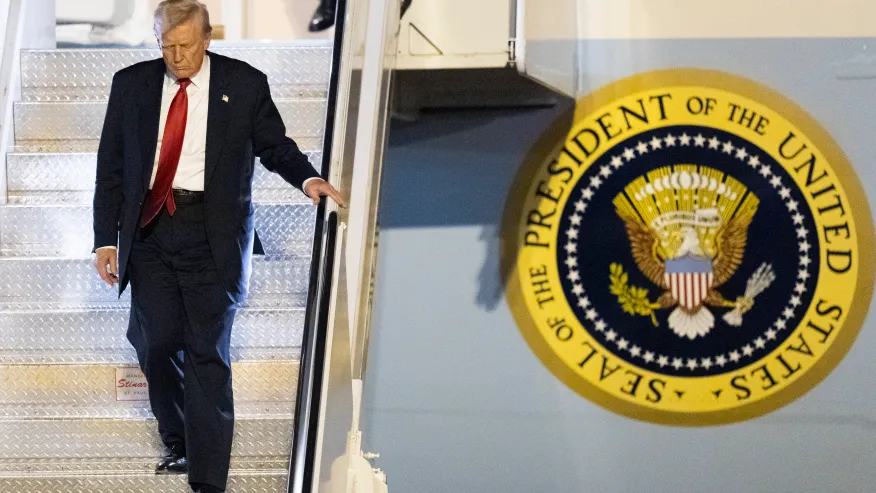Washington D.C. (March 17, 2025):
In a dramatic and potentially game-changing development, former U.S. President Donald Trump has confirmed that he will engage in direct talks with Russian President Vladimir Putin on March 18, focusing on bringing an end to the ongoing war in Ukraine.
Speaking to the media on Monday, Trump indicated that his upcoming discussion with Putin will focus on negotiating a possible settlement to the conflict, including what he described as “dividing up certain assets” — a reference to territories and key infrastructure such as power plants that have been at the center of intense fighting since Russia’s invasion of Ukraine in 2022.
“We are going to talk about ending this terrible war — it has gone on too long. Yes, land, power plants, and other critical assets are part of the conversation. We need to see what can be done to stop the bloodshed and reach an agreement that works for everyone involved,” Trump told reporters.
Trump’s revelation has stirred global reactions, as this would mark one of the most high-profile attempts by a Western leader, current or former, to negotiate directly with Russia amid the ongoing war. His comments suggest a controversial approach that may involve concessions on Ukrainian territory or sovereignty, a stance that is likely to face criticism from Kyiv and U.S. allies.
While current U.S. President Joe Biden’s administration has maintained a strong position on Ukraine’s territorial integrity, Trump’s potential proposal to “divide assets” may reflect a radically different approach to achieving peace, centered on pragmatism and negotiation rather than continued military support.
Political analysts note that Trump’s initiative could reshape international diplomatic efforts around Ukraine, especially as the war enters its third year with no clear end in sight.
International observers are closely watching whether Trump’s talks with Putin will have any formal recognition or backing from the U.S. government or if they will remain an independent effort by the former president.
Trump, known for his past cordial relationship with Putin during his presidency, has repeatedly criticized the Biden administration’s handling of the Ukraine conflict, claiming that he could resolve the war “within 24 hours” if given the chance.
While some hail Trump’s effort as a potential breakthrough toward peace, critics argue that talks that might involve ceding Ukrainian territory could undermine Ukraine’s sovereignty and reward aggression.
Ukraine’s government has yet to issue an official response to Trump’s planned conversation with Putin, but Ukrainian officials in the past have rejected any negotiations that would involve surrendering land to Russia.
Meanwhile, European allies and NATO members are expected to monitor Trump’s move carefully, as any shift in negotiation strategy could impact international unity against Russian aggression.
The Trump-Putin talks are expected to be closely scrutinized worldwide, with potential implications for U.S. foreign policy, European security, and the future of the Ukraine war.
Further updates are awaited on the outcome of the March 18 discussions and any possible roadmap for peace or ceasefire negotiations.

